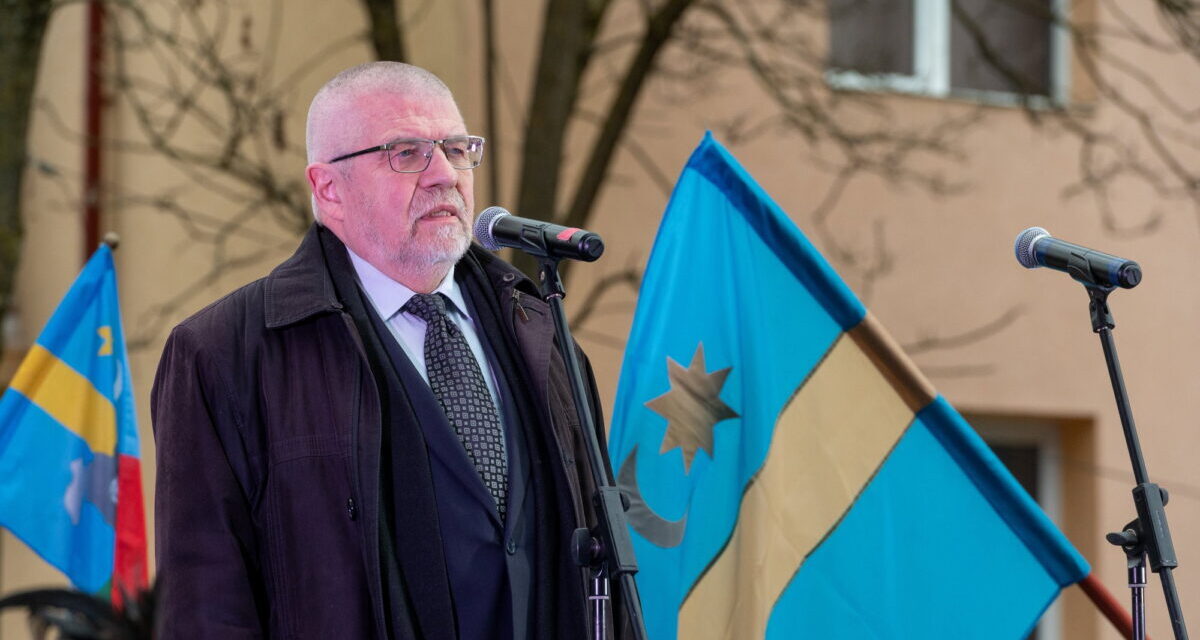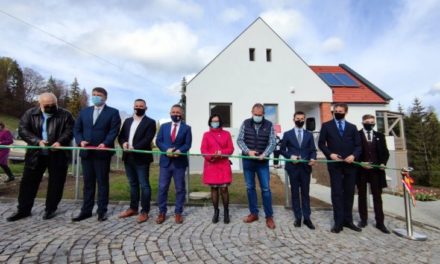After the elections, the autonomy statute of Székelyföld will again be submitted to the Bucharest parliament.
According to the president of the Székely National Council (SZNT), the draft law providing territorial autonomy for Székelyland, which was rejected by the Bucharest parliament in an emergency procedure in December, should be submitted to the legislative body again after the parliamentary elections due at the end of the year.
Balázs Izsák stated in his announcement entitled "before the sixth submission" that: in the twenty years since its establishment, the Romanian legislature was confronted every four years on average with the fact that the people of Székely did not renounce the territorial autonomy of Székelyföld and the vision of becoming a "democratic country" through the implementation of autonomy. make Romania".
"Taking into account the parliamentary election cycle, we can say: referral every four years is natural and necessary. The composition of the legislature changes over time, and the people of Székely cannot afford to deprive even a Romanian legislator of the opportunity to learn about the autonomy statute of Székelyföld," said the president of SZNT.
He explained: the sixth submission of the autonomy statute should take place after the elections, between 2024 and 2028.
According to Izsák, every new referral must be accompanied by an important event in Romania and internationally, in the form of mass demonstrations, public forums, intensive diplomatic activity, and a press campaign initiated by members of the community.
"It is a natural expectation for our parliamentary representation to support the success of the draft law with public speeches and with all the means at their disposal," stated Balázs Izsák, adding that the Hungarian-language counter-propaganda, whether open or covert, declaring the struggle for autonomy as a "windmill fight" is a special challenge for the submitters. As a counterargument, the SZNT president recalled: it took fifty years for South Tyrol to gain autonomy, three hundred for Scotland, and Catalonia came under Spanish rule in 1714, but only gained its autonomy in 1978.
As for the rejections of Székelyföld's autonomy statute so far in Bucharest, Izsák Balázs assessed that the opinions of the Legislative Council of the Romanian Parliament (the expert body that examines the legal harmony of legal texts in advance) are "far from convincing".
according to him, they contain numerous contradictions, factual errors, intentional and bad faith misunderstandings, and even included examples of falsification of international documents.
"What we can hope for is that the intellectual level of the Romanian legislative body can improve as a first step, which does not mean that it will become more tolerant and willingly accept the autonomy statute. The conditions of the debate are improving, and this is also in our interest! Although the draft is not put up for debate in Parliament, there are nevertheless written and public counter-arguments that can be refuted, and these can be sent to the Legislative Council, but also to all members of the legislature, and we have done so. The scope of the discussion is so narrow, but it is an opportunity that we took advantage of and will take advantage of," read the statement of the president of the SZNT.
MTI
Cover photo: Balázs Izsák, the president of the Székely National Council, speaks at the Székely Independence Day rally at the Székely Martyrs' Memorial in Marosvásárhely on March 10, 2023.
Source: MTI/Gábor Kiss












